
At the seminar on unemployment insurance policy for civil servants, public employees, and workers after administrative unit rearrangement organized by Dan Viet newspaper on the afternoon of May 19, Mr. Tran Tuan Tu, Head of Unemployment Insurance Department, Department of Employment ( Ministry of Home Affairs ), said that according to current regulations, workers are entitled to a subsidy equal to 60% of the average monthly salary for unemployment insurance contributions in the 6 consecutive months before leaving work, but not exceeding 5 times the basic salary or regional minimum wage.
Although this rate is considered not low, because most workers only pay the minimum amount plus allowances (about 6 million VND/month), the actual amount received is usually only 3.4 million VND/month.
"The current subsidy level is not enough to ensure a minimum living standard for the entire family of a worker when he or she loses his or her job," Mr. Tu admitted. He also said that the draft revised Employment Law, expected to be submitted to the National Assembly for approval on June 11, has received many comments on the benefit level, but the adjustment must be based on the principle of fund balance: "If you want to increase the benefit level, you must increase the contribution level. You cannot want to increase the benefit level but not increase the contribution level."
Ms. Ho Thi Kim Ngan, Deputy Head of the Labor Relations Department, Vietnam General Confederation of Labor, said that unemployment benefits should be assessed based on the actual amount received instead of just looking at the percentage. "The rate of 60% may be high, but in reality, workers only receive more than 3 million VND per month - a figure that is too low for a worker's family with children to cover their living expenses when they lose their job," she said.
According to Ms. Ngan, when losing their jobs, most workers are forced to find new ones immediately or switch to freelance work such as driving motorbike taxis, trading, and going to markets. Very few people have the opportunity to learn a trade. Therefore, if the subsidy is only symbolic and not enough to sustain life, it will be difficult to motivate workers to return to the market.
"Unemployment benefits must help workers hold out for a while to find a job or learn a trade. If the contribution-benefit policy is not commensurate, it will be difficult to attract workers to participate," she emphasized, and proposed that the policy should aim to protect jobs from the beginning, instead of only providing support after losing a job.
Previously, the Vietnam General Confederation of Labor proposed raising the monthly allowance to 75% of the average salary paid for unemployment insurance before leaving work. At the same time, it proposed adjusting the benefit period based on the number of years of contribution instead of the rigid maximum of 12 months. This is to ensure that those who have participated for many years receive appropriate support, have the conditions to maintain their lives and find new jobs.
Ms. Ngan also reported that many workers have difficulty submitting unemployment benefit applications through the Public Service Portal due to the system's shortcomings, leading to a low online application rate. Most still have to go directly to the Employment Service Center to submit applications and resolve questions. She hopes that online public services will soon be improved to make it more convenient for workers.
Hai Duong Province National Assembly delegate Nguyen Thi Viet Nga said that through meetings with voters, many workers requested to increase the unemployment benefits because the current amount is too low. "Workers need unemployment prevention policies - that is, to keep their jobs rather than just receive benefits after losing their jobs," she said, arguing that it is necessary to expand the scope of unemployment insurance participation to include groups of workers who are not yet required to participate.
The Unemployment Insurance policy has been implemented since 2009 with four main regimes: unemployment benefits, job placement counseling, vocational training support and health insurance. The fund is formed from contributions from employees, employers, the State budget and other legal sources. By the end of 2024, the Unemployment Insurance Fund had an accumulated balance of more than VND 64,300 billion; about 16 million workers participated, accounting for 34% of the working-age workforce.
According to the Ministry of Home Affairs, after more than 15 years of implementation, the unemployment insurance policy is still limited in coverage, most workers are only interested in receiving subsidies and are not interested in vocational training or job support. The draft revised Law on Employment is expected to overcome these gaps.
TB (according to VnExpress)Source: https://baohaiduong.vn/tro-cap-that-nghiep-vai-trieu-dong-khong-du-trang-trai-cuoc-song-411965.html








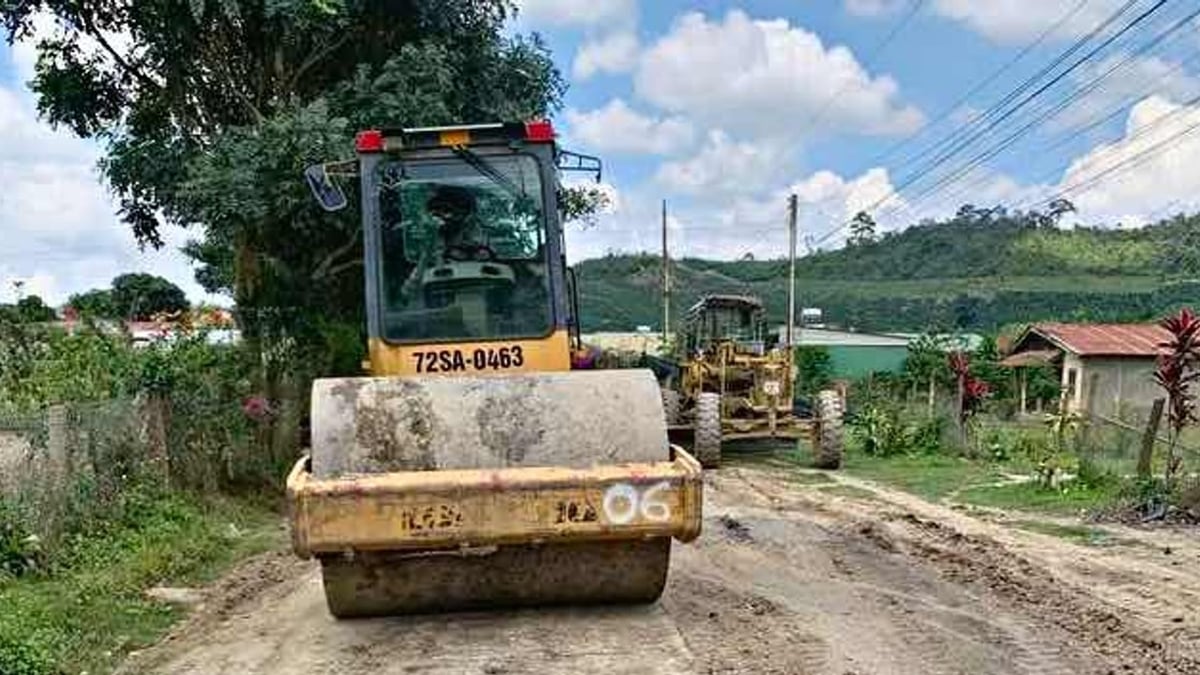

















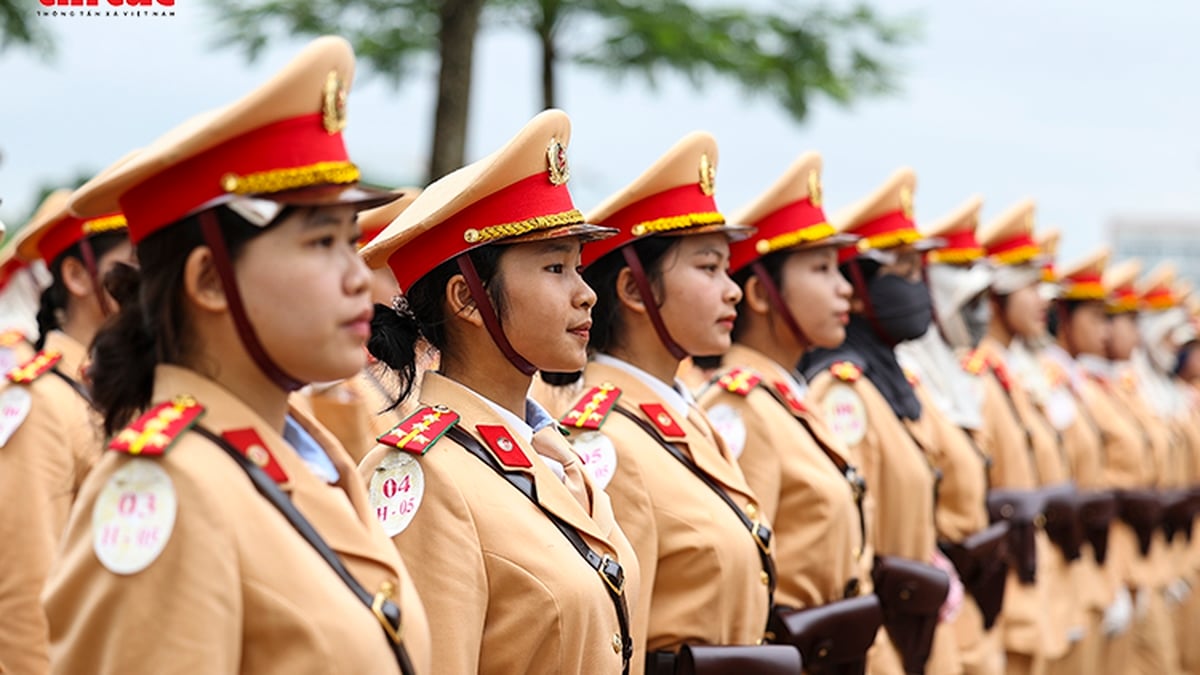









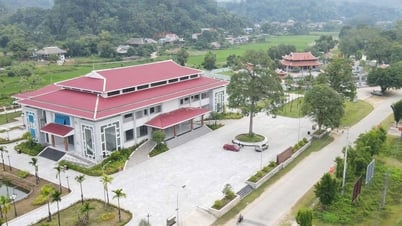
























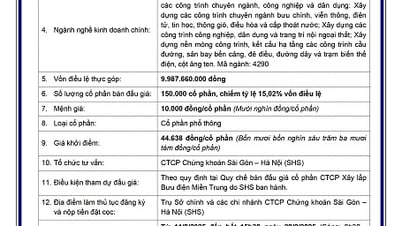
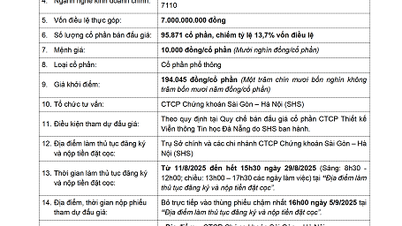
















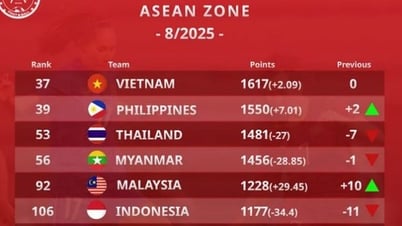






















Comment (0)